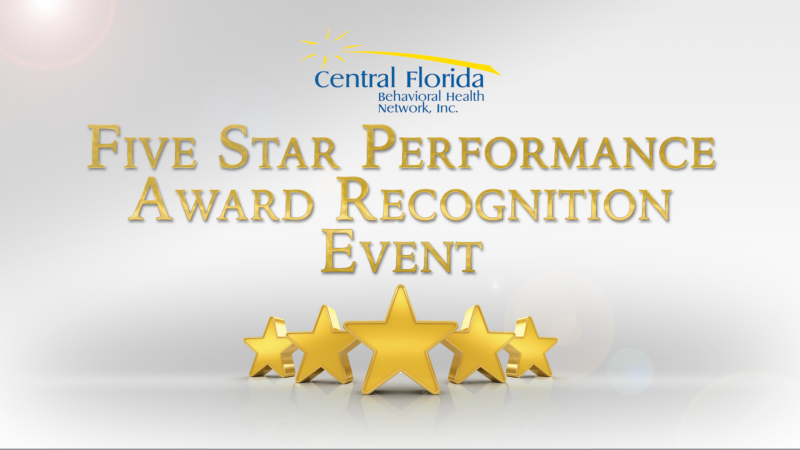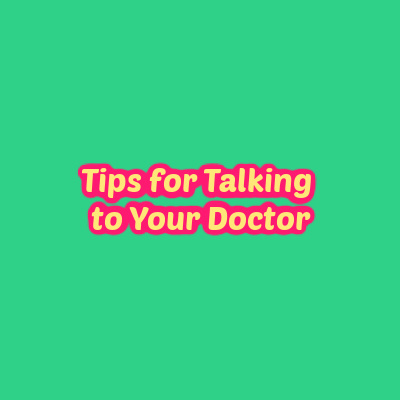Living with mental health issues since I can remember, I finally, at age 52, have figured out some essential components to recovery. While everyone is different, I believe these essential things will help everyone to some degree.
First up:
1) Take your medications on time and as instructed.
Your medications work best if you do not skip doses and take them at the same time every day. Read the label. Do you need to take this medication on an empty stomach? Do you need to avoid alcohol or grapefruit? Give yourself the best chance and take medications as instructed.
2) Eat.
Preferably eat healthy, but eat! When depressed or manic, it may be that appetite is either absent or too much trouble to deal with. Find out the easy things that you can eat. Maybe you can eat cold cereal or ramen noodles. When we don’t give our bodies enough fuel, our mental health does not improve. If depressed, not eating likely makes us more depressed. If manic, not eating contributes to our manic state.
3) Sleep.
While everyone is different, the average person requires 7 to 9 hours of sleep per night to feel rested. If you are sleeping this much, but still are not rested, it’s time to talk to your doctor and get a sleep study. Many people have sleep apnea, which is a condition where you temporarily stop breathing during sleep. When you have sleep apnea, you wake many times a night to start to breathe again and as a result, you do not enter REM sleep. REM sleep is the refreshing, rejuvenating part of sleep. Hack: You can nap! They are not just for kids. The important thing about napping is not to nap for too long as this will interfere with your regular sleep schedule.
Speaking of which, if you do not have a regular sleep schedule, it’s time to develop one. Listen to your body and it’s circadian rhythm. Our mental health is better when we have a regular time for sleep and a regular time to wake.
4) Be Grateful.
Gratitude makes what you have enough. When you practice gratitude, it becomes more and more natural. Seeing the positive in life helps keep us strong. Many people use a journal to write down three things they are grateful for every day.
For me, these four things: proper medication used correctly, eating, sleeping and being grateful have allowed me to build on each of my small victories so that I now consider myself to be in recovery. My mental illness does not interfere with my daily life in any way in which I cannot use a coping strategy. But it all started with these four.
***********
Stacy Wells holds a Masters of Science in Library and Information Sciences and a Bachelor of Science in the field of psychology. Ms. Wells has been living with a diagnosed mental illness since age 20. She is the social media contractor for CFBHN, working for over seven years under the leadership of Doris Nardelli.


